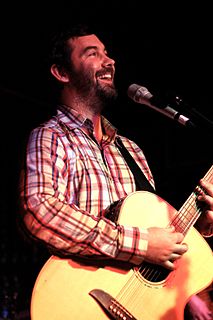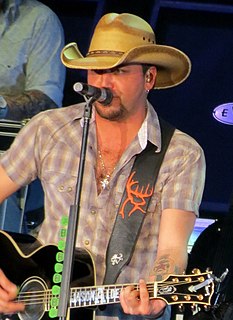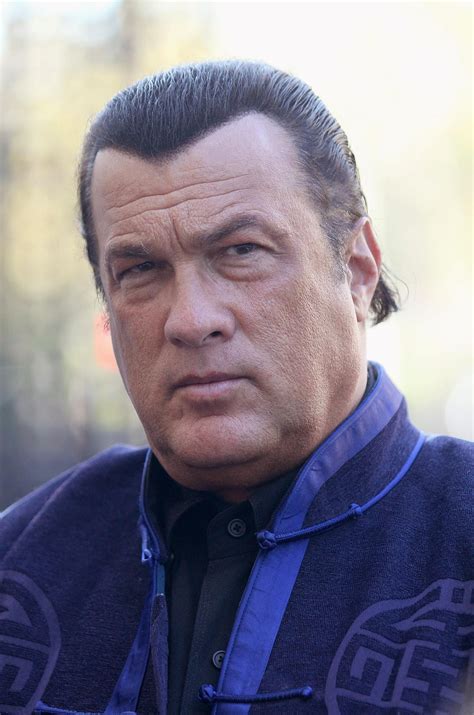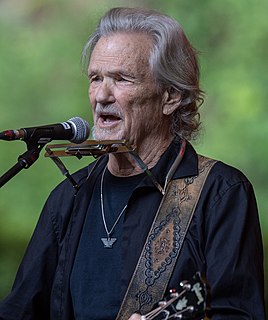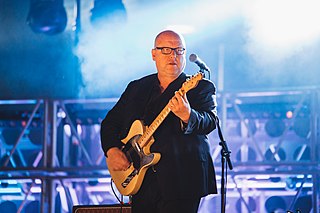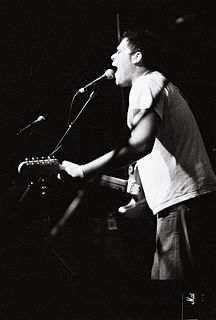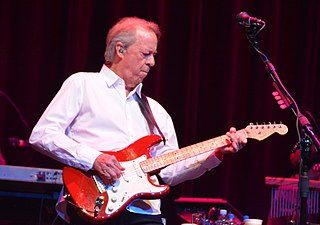A Quote by Duncan Sheik
If I were to do this over I'd play a lot more shows before I made a record
Related Quotes
But for me, I thought you made a record, you got on a bus, went out and played your shows and made a lot of money. That was the way it was supposed to go down. But there's a lot more to it than that. There are a lot of early mornings, late nights, a lot of traveling, a lot of being away from home, being away from your family.
Early American music and early folk music, before the record became popular and before there were pop stars and before there were venues made to present music where people bought tickets, people played music in the community, and it was much more part of a fabric of everyday life. I call that music 'root music.'
We were just amazed we were putting out a record. We were, and are, still learning. But we've never cared much for professionalism as long as the energy was there. Like our live shows: We're out of tune and use a lot of feedback. That's not on purpose or because we don't care, we're just musically and rhythmically retarded and we play so hard that we can't tune our guitars fast enough.
I won't necessarily make new music because when you make a record there are these great expectations on the side of the record company who are going to produce your record, promoters that are going to do your shows. They want you to do interviews, they want you to play shows. I mean, they want it to be a campaign.
I think a lot why our lives shows are good is because of the crowd, and because of the energy that they bring. Also, there was a time when a lot of the people that came to our shows were a bunch of drunk bros. At a certain point, we decided we were going to start calling them out. We also decided to become more gay-positive and feminist and all that stuff, and that we were going to be really vocal about it. After that, our crowd became a lot friendlier, and honestly a lot more fun.
I think that the difference between 'The Sopranos' and the shows that came before it was that it was really personal. There had been a lot of dramas, a lot of really good ones, a lot of really bad ones, but they were always franchise shows about cops, or doctors, or lawyers. They weren't about the writer himself.
I think that the difference between The Sopranos and the shows that came before it was that it was really personal. There had been a lot of dramas, a lot of really good ones, a lot of really bad ones, but they were always franchise shows about cops, or doctors, or lawyers. They weren't about the writer himself.
When we were doing shows in the mid-'90s, the audiences were 95% black. What's happened now is the gentrification of hip-hop. A lot of cities passed ordinances that made it hard for black audiences to gather in large groups. Clubs are more open to hip-hop now 'cause it's the same crowd that goes to rock shows.
